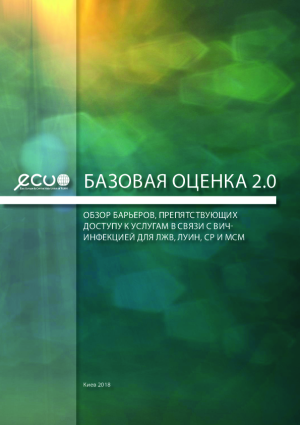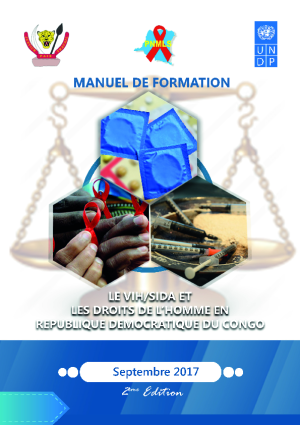Базовая оценка 2.0. Обзор барьеров и анализ доступа к ВИЧ-услугам в странах ВЕЦА
Восточноевропейское и Центральноазиатское объединение людей, живущих с ВИЧ (ВЦО ЛЖВ), в рамках регионального проекта «Партнерство ради равного доступа к услугам в связи с ВИЧ-инфекцией» при поддержке Глобального фонда для борьбы со СПИДом, туберкулезом и малярией (ГФСТМ) провело оценку барьеров, препятствующих доступу ЛЖВ, ЛУИН, СР и МСМ к непрерывной помощи в связи с ВИЧ-инфекцией, с целью оказания помощи национальным НПО в разработке эффективной адвокационной стратегии. Это включает в себя криминализацию ВИЧ (стр. 96)
Manuel de Formation: Le VIH/SIDA et les Droits de l’Homme en RDC
Divisé en deux parties: La premiere est conçue pour donner aux lecteurs des informations pratiques sur le VIH/sida et les Droits de l’Homme dans le monde, en Afrique et particulièrement en RDC. La Partie B est le Manuel de Formation contenant des exercices pratique. Le Module 2, Chapitre 4 examine la criminalisation de la transmission du VIH.
Доклад Специального докладчика по вопросу о праве каждого человека на наивысший достижимый уровень физического и психического здоровья
В отчете четко определены и описаны несколько способов, с помощью которых криминализация подрывает эффективность мер в ответ на ВИЧ.



